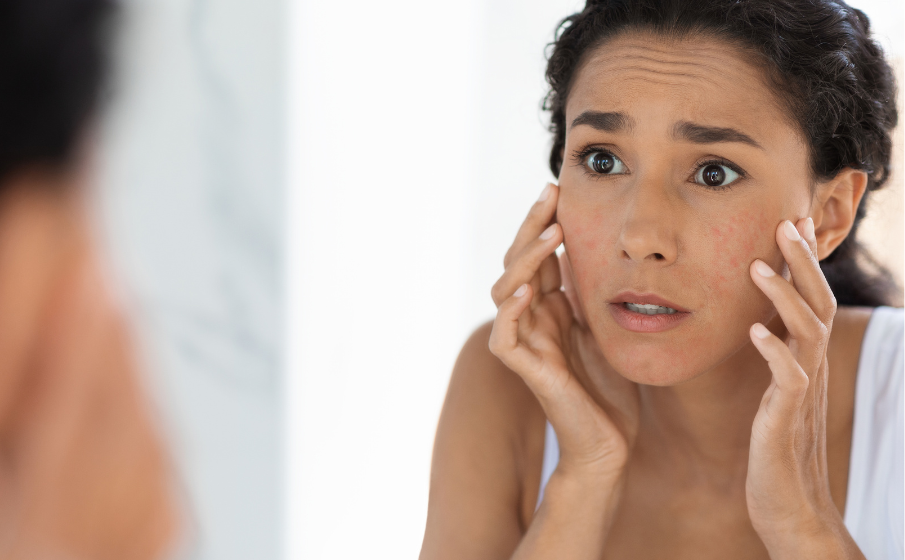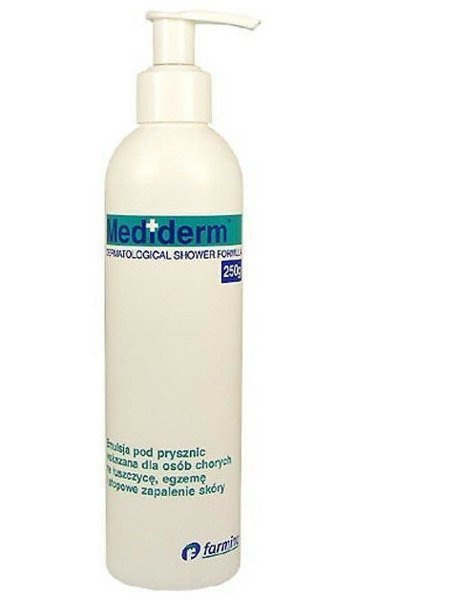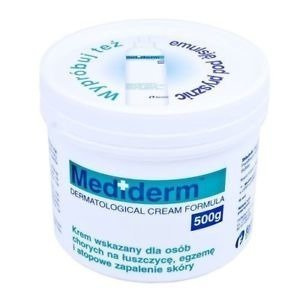How to live with atopic skin and improve its condition naturally

1. Understand Your Skin
Atopic skin is exceptionally sensitive and prone to damage. Due to a compromised protective barrier, it loses moisture more easily, leading to dryness and irritation. The foundation of atopic skincare is restoring this barrier, which means focusing on hydration and protection from external factors.
2. Avoid Irritating Ingredients
The first step in caring for atopic skin is choosing cosmetics that are gentle and free from harsh substances such as parabens, silicones, artificial dyes, or strong detergents. These products can aggravate irritation, so it's important to pay attention to the ingredients in the cosmetics you use.
3. Moisturizing is Key
Atopic skin needs intensive hydration to rebuild its protective barrier. Choose products with natural ingredients that help retain moisture, such as shea butter, avocado oil, or plant extracts. Moisturizing should be regular—ideally after every contact with water, and even several times a day during flare-ups.
4. Natural Ingredients Beneficial for Atopic Skin
Some natural substances are known for their soothing effects on atopic skin:
- Aloe Vera – an excellent soothing ingredient that calms irritation and reduces redness.
- Coconut Oil – has anti-inflammatory and antibacterial properties while providing deep hydration.
- Evening Primrose Oil – rich in fatty acids, it helps regenerate the skin and reduce inflammation.
- Oatmeal – when added to baths or used in creams, it provides soothing, moisturizing, and calming effects.
5. Hygiene – Less is More
Baths and showers should be short and lukewarm, not hot, as high water temperatures can further dry out the skin. It's also a good idea to avoid frequent use of soaps and gels with strong detergents that can damage the skin's natural barrier. Instead, opt for gentle cleansers designed for sensitive and atopic skin.
6. Diet and Healthy Lifestyle
Your diet can significantly impact your skin’s condition. Make sure you're consuming enough omega-3 fatty acids, which have anti-inflammatory properties and support skin health. It's also helpful to reduce sugar and processed food intake, as they can exacerbate skin symptoms.
Staying hydrated from within is as important as using external skincare products. Remember to drink water regularly, which helps keep the skin moisturized.
7. Suitable Clothing
Wearing loose, breathable clothing made from natural fabrics like cotton can help reduce irritation. Atopic skin reacts easily to friction and sweating, so choosing the right materials is an essential part of daily care.
8. Avoiding Stress
Stress has a significant impact on skin health, and its increase often leads to a worsening of AD symptoms. Relaxation, meditation, yoga, or other activities that help reduce stress can have a positive effect on your skin's condition.


